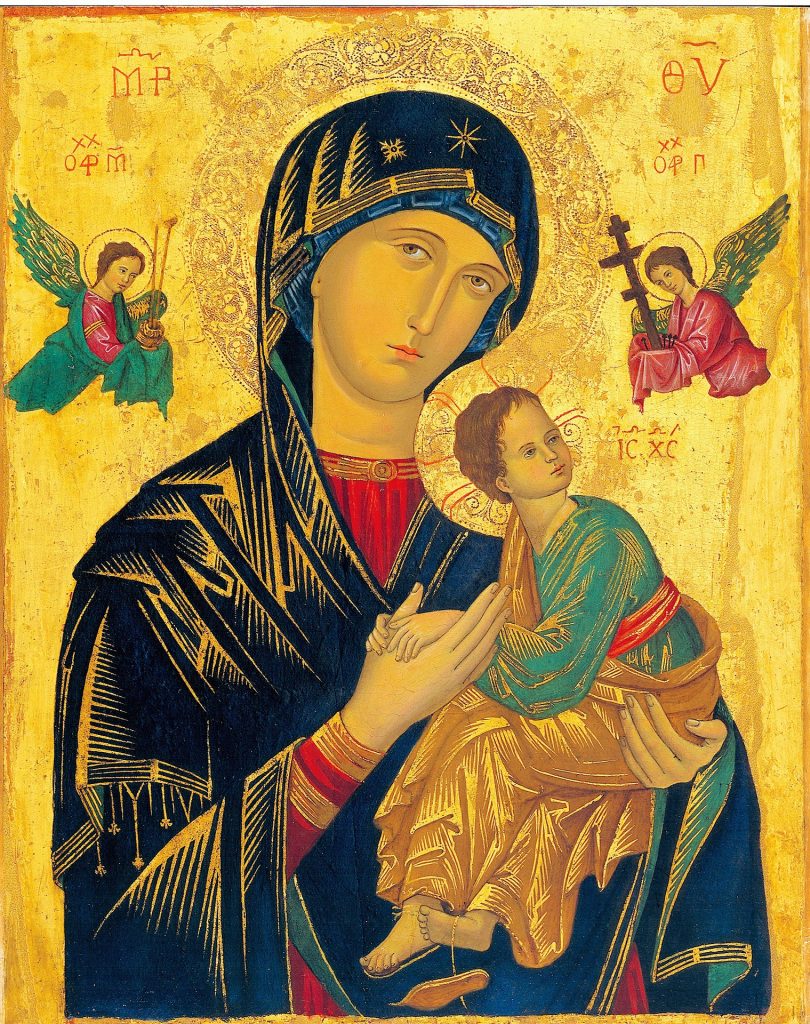Copyright registration in Estonia. Estonia, officially the Republic of Estonia, is a country in northern Europe. Estonia is a developed country, with a high-income advanced economy; ranking very high on the Human Development Index. The sovereign state of Estonia is a democratic unitary parliamentary republic, it is administratively subdivided into 15 maakond (counties). Estonia has consistently ranked highly in international rankings for quality of life, education, digitalization of public services, and the prevalence of technology companies. Accordingly, many businesses want to enter this market and one of the most important preparations a business needs to take before expanding to this country is to learn the procedure of patent registration in Estonia. Accordingly, many businesses want to enter this market and one of the most important preparations a business needs to take before expanding to this country is to learn the procedure of copyright registration in Estonia.
Copyright in Estonia
Unlike other intellectual property rights such as trademarks, patents, industrial designs, plant varieties, etc., copyright does not need to be registered for protection but will be automatically protected from the time the works are created.
The creation must be visible in a certain material form, like content, quality, form, medium, language, published or unpublished, registered or unregistered.
Accordingly, whether registered or not, the copyright to the work will still be protected. However, copyright registration is still advised because early registration will give the author/owner of the work many advantages in the event of a dispute.
When unauthorized use of work occurs around the world, the owner of a work who has registered copyright in advance will not have to waste time and complicate matters with proving himself/herself to be the legitimate owner of the work.
Thereby, in order to avoid passivity, the owner of the work should make a copyright registration to protect their rights and interests when there is an infringement.
Copyright registration in Estonia
Estonia is a member country of The Berne Convention for Copyright since 1994.
The Berne Convention for the Protection of Literary and Artistic Works (the Berne Convention) is an international agreement governing copyright. The agreement was first accepted in Berne, Switzerland, in 1886.
As Estonia is a contracting party of the Berne Convention, any work originating in Estonia will be given the same copyright protection in each of the Berne Convention member countries. The original from Estonia can be that the work is made and published for the first time in this country or if the author of the work is of Estonia ethnicity.
While in most countries, copyright protection is automatic as soon as the work existed in material form, copyright registration in Estonia is critical in order for the copyright owner to obtain evidence of copyright.
Evidence of copyright is extremely important even when copyright is obtained automatically.
When registering, the creation gets a date and a time stamp recorded, as well as information about the creation and proof of creative concept and development. This provides unambiguous proof of authorship and ownership that can’t be denied.
Proof of copyright is essential in an age when the publishing, dissemination, and theft of material is extremely easy with the exposure of the Internet.
If copyright registration is not made, copyright owners will lose a significant big amount of money and time attempting to fight copyright issues and prove ownership of the original work.
If the copyright owner has already registered for copyright protection to the IP office, they would have a strong legal foundation which would increase their chance of winning against the violating parties.
Documents for copyright registration in Estonia
To obtain copyright registration in Estonia, the author of the work needs to prepare the following documents:
- Declaration of copyright registration in Estonia;
- Two copies of copyrighted work;
- Documents proving the right to apply;
- Written consent of co-authors, if the work has co-authors;
- Written consent of the co-owners, if the copyright is jointly owned;
- Notarized identity card of the author or owner of the work;
- Power of Attorney, if the applicant is an authorized person;
- Notarized copy of the company’s business registration certificate (if the owner is a company).
The copyright law of Estonia
The Copyright Act of Estonia was passed on November 11st, 1992 and was entered into force on December 12th, 1992.
Estonia also included 2 important copyright agreements besides the Berne Convention which are:
- Agreement Establishing the World Trade Organization (WTO)( April 15, 1994)
- Agreement on Trade-Related Aspects of Intellectual Property Rights (TRIPS Agreement) (April 15, 1994)
- The WIPO Copyright Treaty (March 14, 2010)
- The World Trade Organization (November 13, 1999)
As of 2018, the World Intellectual Property Organization (WIPO), an agency of the United Nations, listed the Copyright Act of 11 November 1992 (consolidated text of February 1, 2017) as the main copyright law enacted by the legislature of Estonia. WIPO holds the text of this law in their WIPO Lex database. The Estonian Ministry of Justice provides the current consolidated text in Estonian. They also provide a consolidated English translation.
You can see a list of Estonia IP firms here.

